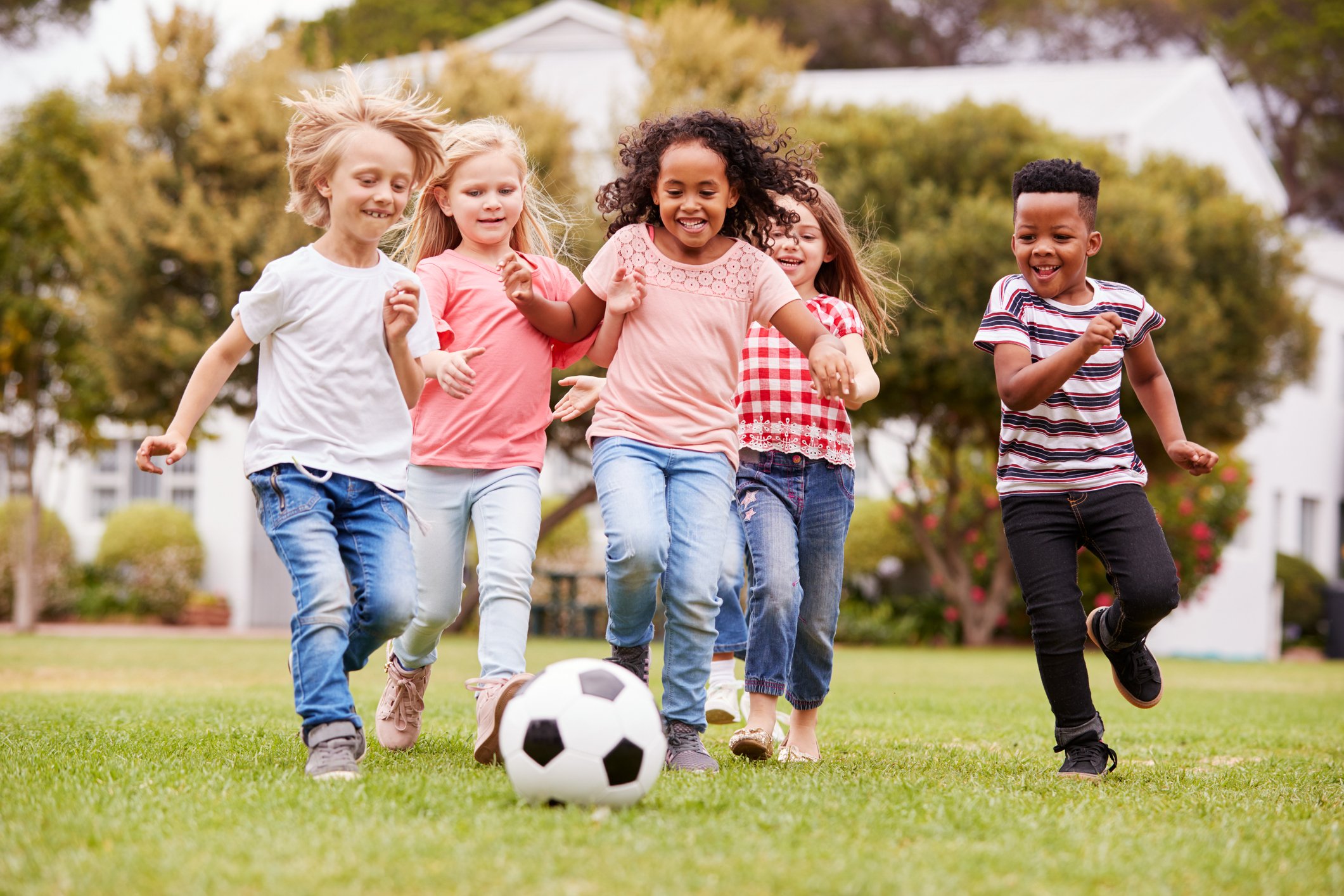
In This Article
Raising children to understand a particular viewpoint is not easy. Children can be like sponges, so we become their role models and first influences in how to behave. Wanting our children to believe a certain way is not enough. We have to take deliberate action to counterbalance what they may learn from other influences.
With the rise in social action and activism across all races and communities, we have so many options to help raise our children to believe that our differences make us unique and can be celebrated — not used for judgment.
What’s the difference between being ‘anti-racist’ and ‘not racist’?
It is important to note that if your goal is to raise children who are socially active, being “not racist” is a start. However, being “anti-racist” means going the extra mile to support and help end discrimination. Being anti-racist is acknowledging that there is a problem and being part of the solution instead of just ignoring the issues or reacting as if we are not all different.
Why is it important to be anti-racist?
By focusing only on being a good person in general, children often don’t have the opportunity to dive more deeply into differences that can help us all learn about the world and appreciate those differences. You as the parent can model the behavior you want your child to have. By educating yourself, diversifying the books, shows, and people your child interacts with, as well as having those difficult conversations, your child can be more equipped for the social changes that are coming in our country.
Starting when children are young helps them shape their view of the world and influences them as they develop their own thoughts and biases. Children as young as 3 months old can begin to distinguish differences in faces and race, and can understand bias as early as 5 and 6 years old.
How will you know you are raising an anti-racist child?
Here are five signs that you are on the right path.
1. Your child is comfortable in diverse environments
As a parent, you can guess how your child feels most of the time. When they are around friends and family, they are typically comfortable and not shy or afraid. In environments where the people are diverse, your child should be comfortable to be themselves and not act any differently than if they were in a room with other people who were similar to them.
2. Your child asks questions about race and why their friends are different
Questions are always good, and it shows that your child is interested in or curious about a subject. Just as they ask questions about things they see, they can also ask questions openly and confidently about race, their classmates’ skin color, or how people live differently.
3. Your child can identify when someone is being treated unfairly
If you are sharing ways to be anti-racist, some examples of what is racist will arise. If your child can point them out, then they are on the right path. By being able to identify a discriminatory statement or when someone is passing judgment unfairly, they are more able to not do it themselves and take action when they see it.
4. Your child can listen without judgment to people who are different than they are
Being anti-racist means that you can interact with people of different races and treat them the same as people of the same race as you or your child.
5. Your child is ready to get active!
This can be done in a variety of ways — by listening to friends and their experiences, podcasts, stories, etc. — or by actively signing petitions, speaking up in unfair situations, or volunteering.
Have you seen your child exhibiting any of these signs? Then rest assured that you are on the right path to raising an anti-racist child and adult.






